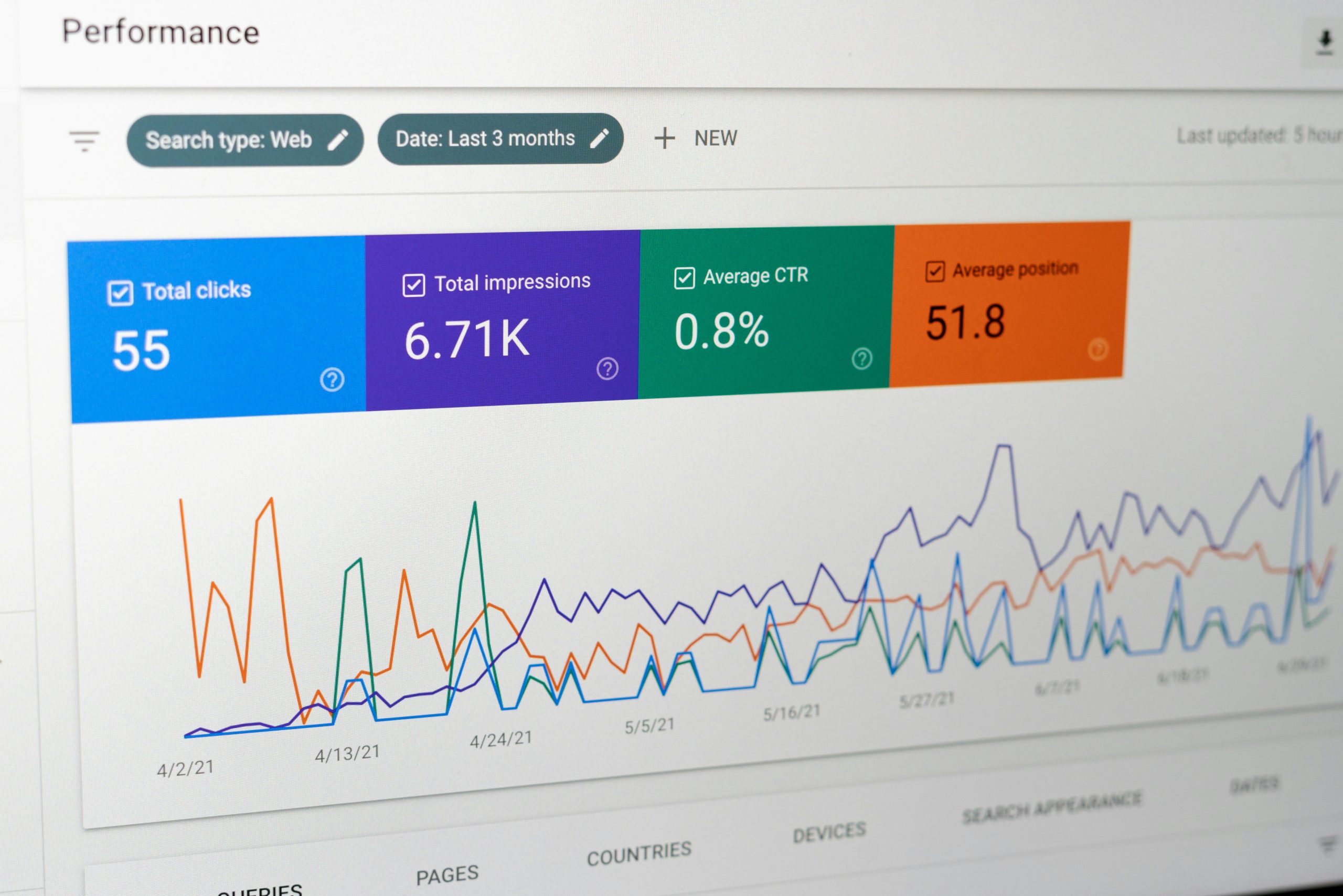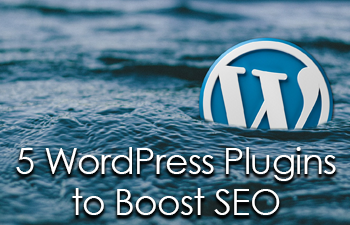How AI is Secretly Rewriting Your Brand Story
Right now, artificial intelligence systems are forming opinions about your business, telling stories about your products, and influencing potential customers—and you have absolutely no control over the narrative they’re spinning.
At EPIC25, Dixon Jones, from Waikay, delivered a wake-up call that should worry every marketer relying on traditional SEO strategies.
The game has changed.
While you’ve been optimising for search rankings, AI has been quietly rewriting the rules of digital discovery, and many brands are losing the battle.
The Death of Click-Through Culture
The statistics are sobering: increasingly, users are getting their answers directly from AI systems without ever visiting your website. ChatGPT, Claude, Gemini, and countless other large language models (LLMs) are becoming the new gatekeepers of information, and they’re making decisions about your brand’s credibility, relevance, and value based on data you may not even know they possess.
This isn’t a future concern—it’s happening now. Voice assistants recommend products, AI search engines provide business information, and generative AI tools create content that shapes public perception, all without sending a single visitor to your carefully optimised website.
The fundamental question has shifted from “How do I rank higher?” to “How is my brand represented when I’m not in the room?”
When Machines Get It Wrong
Waikay’s research revealed a troubling reality: AI systems regularly generate confident-sounding misinformation about brands. In his examples, established tools like Inlinks were incorrectly described as “rank checkers,” whilst Moz Local was falsely reported as having ceased operations in 2023.
These aren’t minor technical glitches—they’re reputation-damaging hallucinations that spread across the digital ecosystem with alarming efficiency. When an AI system confidently states incorrect information about your brand, it doesn’t just affect one search query; it influences countless future interactions, recommendations, and decisions.
The most insidious aspect? These errors often sound authoritative and reasonable, making them particularly difficult for users to identify and question.
The New SEO Imperative: Knowledge Archaeology
Before you can influence how AI systems read your brand, you need to understand what they already “know.” This requires a fundamentally different approach to competitive analysis and brand monitoring.
Tools like Evertune are pioneering this space by querying AI systems thousands of times to map brand recall patterns and identify knowledge gaps. Ziptie tracks citation patterns across sources, revealing which information sources are most influential in shaping AI understanding.
But the real breakthrough comes from Waikay’s comparative methodology: mapping topic associations between your brand and competitors to reveal not just what AI knows, but what it’s missing. This analysis exposes the citations, contexts, and connections that determine your brand’s digital influence.
Beyond Keywords: The Architecture of AI Understanding
Traditional SEO focused on matching user queries with relevant content. AI optimisation requires something far more sophisticated: structuring information so that machine learning systems can accurately parse, connect, and contextualise your brand within broader knowledge networks.
This means building consistent contextual narratives across all digital touchpoints, not just your website. It requires identifying and interrupting faulty neural associations where AI systems have formed incorrect connections about your brand or industry.
Most critically, it demands what Waikay calls “narrative spotting”—understanding the stories being told about your brand across the digital ecosystem and strategically influencing those narratives at their source.
The Citation Economy
In the AI era, citations have become the new currency of digital authority. Unlike traditional backlinks, which primarily influenced search rankings, citations in AI training data determine how your brand is understood, contextualised, and recommended across countless applications.
Waikay’s competitive analysis framework reveals how this works in practice. By examining citation patterns within topic clusters, brands can identify where competitors are gaining AI mindshare and uncover opportunities to build stronger knowledge associations.
For example, luxury retailers might discover that Harrods is consistently cited in AI discussions about watches, not because of their SEO strategy, but because of how their brand context has been structured across multiple information sources.
The Strategic Framework for AI Influence
Success in this new landscape requires a systematic approach to knowledge optimisation:
Knowledge Auditing begins with comprehensive assessment of your current AI representation across multiple systems and use cases. This isn’t a one-time activity—it requires ongoing monitoring as AI systems continuously update their understanding.
Contextual Architecture involves strategically structuring information across all digital properties to create coherent, accurate narratives that AI systems can easily parse and connect.
Citation Strategy focuses on building authoritative mentions within the information sources that most influence AI training and inference processes.
Narrative Intervention means actively identifying and correcting faulty associations or misinformation before they become entrenched in AI knowledge graphs.
The Compound Effect of AI Influence
The brands that master AI knowledge optimisation will enjoy advantages that compound over time. As AI systems become more sophisticated and ubiquitous, accurate representation becomes increasingly valuable.
This isn’t just about search visibility—it’s about fundamental digital equity. Brands with strong AI representation will find themselves recommended by voice assistants, mentioned in AI-generated content, and contextualised positively across countless user interactions.
Conversely, brands that ignore this shift risk becoming increasingly invisible in an AI-mediated world, regardless of their traditional SEO performance.
The Urgent Call to Action
Waikay’s EPIC25 presentation illuminated an uncomfortable truth: while marketers have been focused on optimising for human searchers, AI systems have been quietly forming opinions about their brands based on incomplete, outdated, or incorrect information.
The solution isn’t to abandon traditional SEO, but to expand it into something far more sophisticated: strategic SEO planning and implementation to influence knowledge systems that increasingly mediate between brands and customers.
The question isn’t whether AI will reshape how people discover and evaluate brands—it already has. The question is whether you’ll take control of your AI representation or leave it to chance.
Start by discovering what AI thinks it knows about you. Then begins the crucial work of shaping the story it tells.
For more information on AI and automation, contact our team today.



